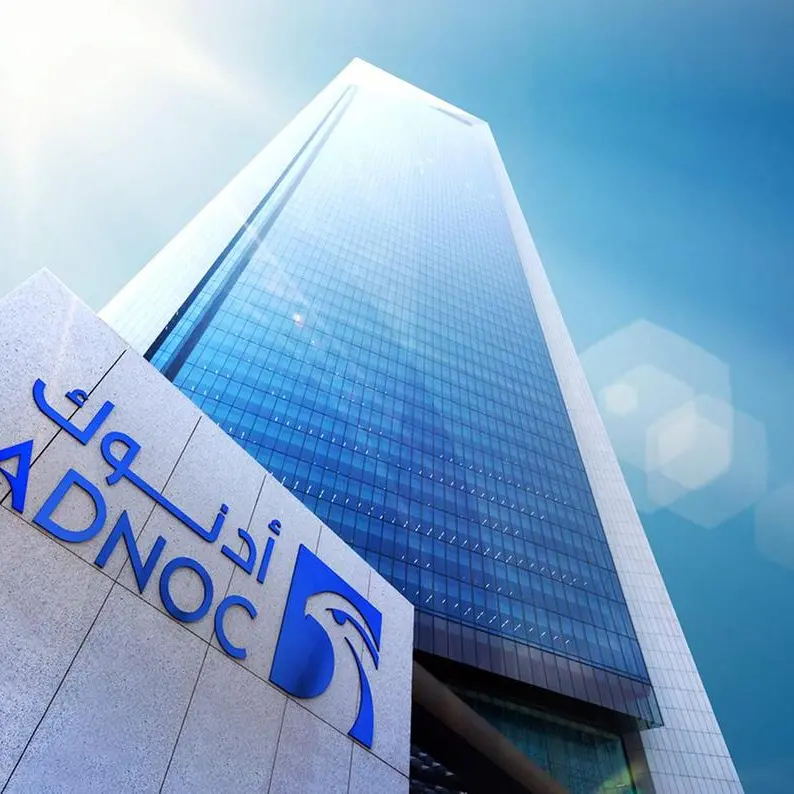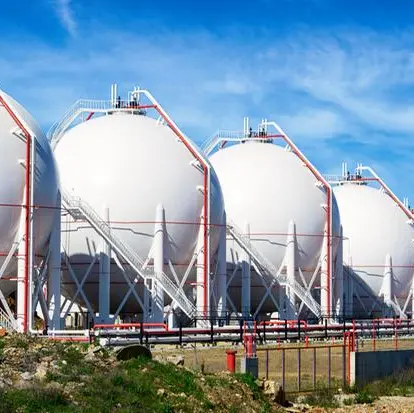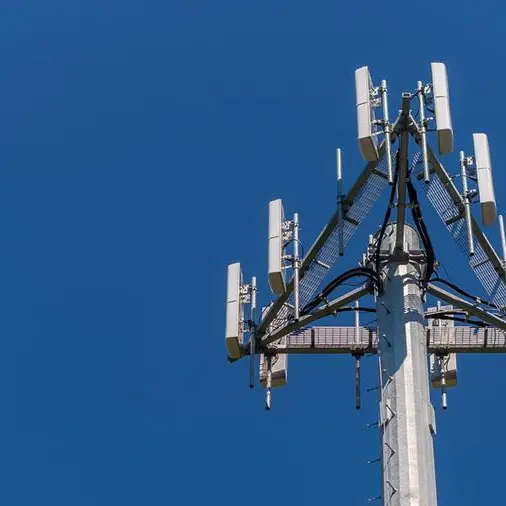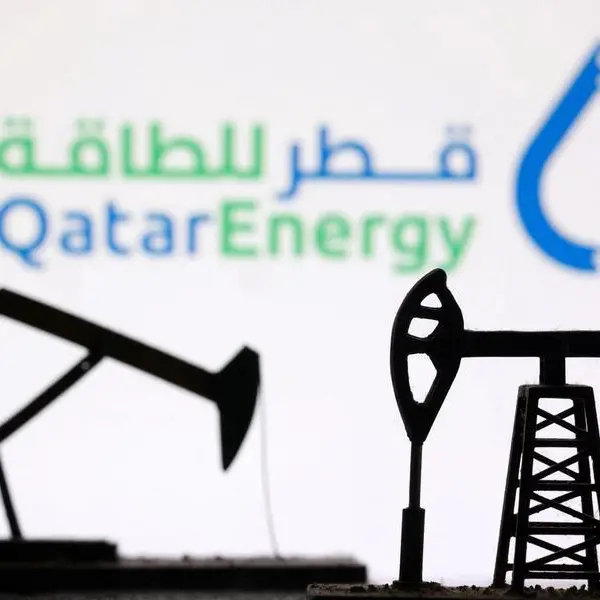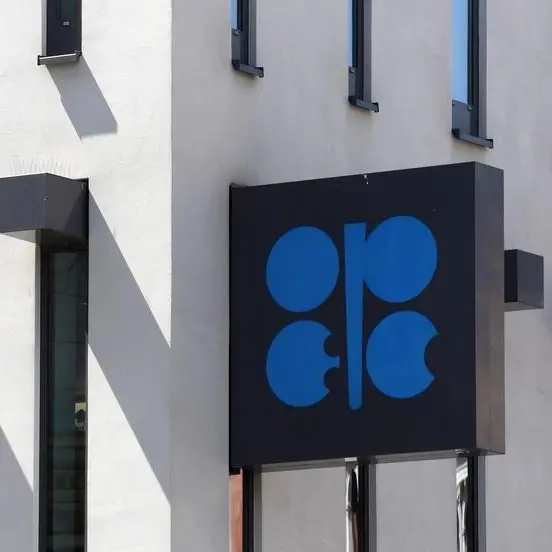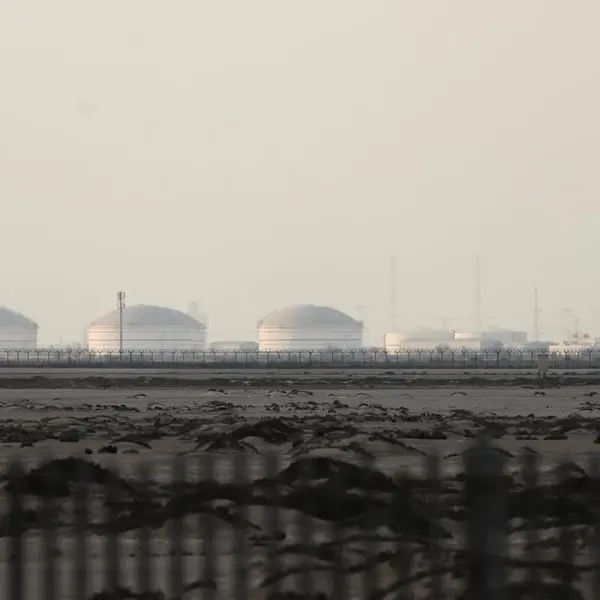An opinion poll by Cairo-based Ahram Centre For Political and Strategic Studies placed former foreign minister Amr Moussa as the frontrunner in the presidential elections, with 41% of the votes - increasing his lead by 2 percentage points from the same poll a month earlier.
Ahmed Shafiq, prime minister in Honsi Mubarak's final few days, was second with 20% of the vote (two percentage points better than the last poll), while former Muslim Brotherhood member Abdel-Moneium Abul Fotouh was in third place, down from 24% in the last poll.
Mohamed Mursi, a Muslim Brotherhood candidate, was fourth with 9.4% of the vote. But the poll also suggested that the number of undecided voters had risen to 15% from 10% in a previous survey a month ago, suggesting more voters are undecided.
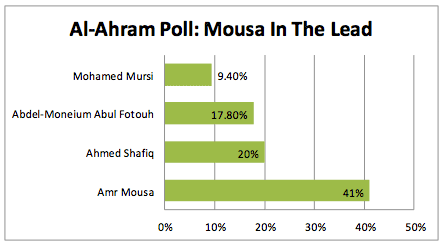
While polling is hardly an exact science, it seems to confirm the popular sentiment that secularist Amr Moussa, the most high-profile international presidential candidate, will emerge as the winner.
The poll is complementary to a Gallup poll which suggested Islamic parties are losing steam after their strong showing in the parliamentary elections.
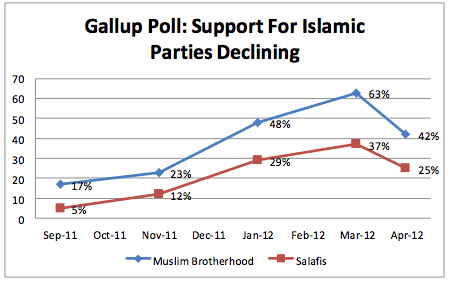
Support for Muslim Brotherhood has declined from 63% in February to 42% by April, according to Gallup. Meanwhile, Salafis - the conservative Islamic group - saw their popularity decline from 37% to 25% during the same period.
"While support for Islamists skyrocketed in the lead-up to parliamentary elections that followed the resignation of former President Hosni Mubarak, an opposite trend is unfolding ahead of the country's presidential elections set for May 23-24," a Gallup report noted.
"Egyptians' support for the Freedom and Justice Party (FJP) -- the official political party of the decades-old Islamist movement -- fell 24 percentage points to 43% in April after reaching a high of 67% in February 2012. Support for the Salafi Nour Party is now at 30%, receding to late 2011 levels after a surge in early 2012."
The presidential election featuring 12 candidates will take place on May 23 -24, with a runoff off on June 16-17 if there is no majority winner.
MEET THE (MAIN) CANDIDATES
Amr Moussa
Strength: Amr Moussa can claim extensive experience in diplomacy and politics and strong relations with Arab and world leaders as the former secretary general of the Arab League. Anecdotal evidence suggests Mr. Mubarak was threatened by Moussa's rapport with the people, which now allows him to distance himself from the former regime in the eyes of revolutionaries. On the other hand, his association with the regime also allows him to attract votes from many people who have opposed the revolution.
Weakness: At 75, Mr. Moussa is seen by some as out-of-touch with the youthful revolution. His tenure as Arab League secretary-general is a double-edged sword as his close relationships with various anti-democratic Arab regimes, especially in the Gulf, also tarnished his image among some voters.
"When you are part of a problem, you cannot provide the solution," said Abul Fotouh during the historic television debate between him and Amr Moussa.
Ahmed Shafiq
Strength: His promise to end perceived state of lawlessness in the country within 30 days of the start of his presidency is appealing. His commitment to Mubarak-era neo-liberal economic policies appeals to businessmen. His association with the Mubarak regime for decades makes him a favourite among many supporters of the ousted president.
Weaknesses: His close ties with Mubarak and SCAF, make him an unpopular candidate, especially for those who worry about taking the revolution forward.
Abdel-Moneim Abul-Fotouh
Strengths: Was a strong advocate of the revolution and set up field hospitals. His experience in the Arab Union of Physicians gives provided him to build a strong network regionally and internationally.
His liberal views on Coptic and women's rights make him a popular choice among liberal-Islamist segments of middle-class and young Brotherhood members.
Weaknesses: Many liberal, leftist and Christian voters fear Abul-Fotouh's Islamist background that could push the country towards theocracy.
But Abul-Fotouh's mixed messages came under fire during the televised presidential debate, especially on his book which appears to justify violence in certain circumstances.
"Where is the candidate?," asked Mr. Mussa of his opponent. "Will he revert to what he said in the book? We can't be sure."
Mohamed Morsi
Strengths: Was a key player during the revolution and rallied his own group and opened a dialogue with other political parties. He is very popular among conservative voters who played a key role in ensuring an Islamic party dominance in parliament.
Weakness: He does not enjoy the same popular as Muslim Brotherhood's Kahirat El-Shater who was disqualified from running for the Presidency.
As the Gallup poll suggests Islamic parties' popularity is dipping as Egyptians are fearful of a conservative president along with an Islamic party dominated parliament.
Hamdeen Sabbahi
Strengths: An anti-establishment reputation could attract voters. He was an early participant of the Egyptian revolution and remains a fierce critic of SCAF, the United States and Israel.
His humble upbringing appeals to the working class and the downtrodden - of which there are many in Egypt.
Weaknesses: Sabbahi's long-standing Nasserist affiliation is considered a disadvantage. His anti-US views may not go down well at a time when the economy needs American participation and aid.
ECONOMIC POLICIES
The candidates' economic policies are largely similar.
Amr Moussa is focusing on free market, social justice and a focus on small and medium enterprises.
Abdel Moneium has earmarked health, tourism and education sectors as his key focus areas, while Mohamed Moursi is looking at a trimmed down government and less taxes to facilitate the private sector to drive growth.
"Overall, campaign rhetoric suggests public spending is likely to rise in the next year," wrote Jane Kinninmont, senior research fellow, Middle East and North Africa Programme at Chatham House in a report. "It can be assumed that any new government will be wary of cutting public spending on salaries and consumer subsidies, and there is clear pressure to increase public spending on healthcare, education and infrastructure."
The successful completion of the presidential elections is crucial to the stability in the country and long-term investor and business confidence.
"We see a possibility for growth to accelerate in 2H2012 after the Presidential elections, especially if there is a favourable outcome and partial restoration of stability," noted Monica Malik, an analyst with EFG-Hermes. "We note, however, that the expected recovery is largely statistical given that it is compared with the very low base of 2011, in which the economy came to a near halt in the first six months."
While other candidates may have their strengths, Amr Moussa has the international stature and the relationship with Gulf and other regional states to facilitate much needed funds for the Egyptian economy.
But he must be careful not to align himself too much with the Saudi strategy which is getting aggressive as it seeks to bolster unity among other regional states to counter Iranian influence.
Saudi Arabia, which has promised financial aid to Egypt has only released USD1-billion of the original USD4-billion.
"It is likely Riyadh will wait and see who the new president is before it makes further financial commitments," said Kinninmont.
"Given Saudi Arabia's close relations with former president Hosni Mubarak, its clear displeasure at the revolution, and its anxiety about the influence of the Muslim Brotherhood both regionally and in its own country, it is likely to favour a candidate with links to the previous regime, such as Amr Moussa or Ahmed Shafiq."
Close to 86% of the Egyptians polled said that they would vote in the presidential election in a February poll, suggesting a strong outturn.
While Mr. Moussa has been a poll favourite, it's Abul-Fotouh who has come ahead in semi-official results from 15 consulates. The Islamic candidate secured 11,934 votes, with Hamdeen Sabahi (8,287) second, Amr Moussa (7,418) third and Mohamed Mursi (6,996) was fourth.
Analysts think that the anti-Islamic vote is being split to give Islamic candidates an 11th-hour advantage.
"As Aboul Fotouh has risen to front-runner status in the first ever competitive presidential election in Egypt's history, he has become the Rorschach test of Egyptian politics," wrote Shadi Hamid, director of research at Brookings Doha Center in a profile of the candidate. "Liberals think he's more liberal than he actually is. Conservatives hope he's more conservative."
He is the rare figure who has been, at various points in his career, a Salafi, a Muslim Brother, and, today, a Turkish-style 'liberal Islamist," said Mr. Hamid.
Egyptians have their work cut out for them as they elect one of the 12 candidates. Regardless of who they vote for, it is important to remember that free and fair elections were an impossible dream for Egyptians just a year and half ago.
Related article: What Egypt needs
alifarabia.com 2012
